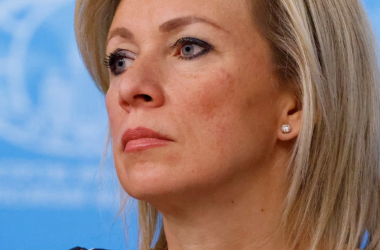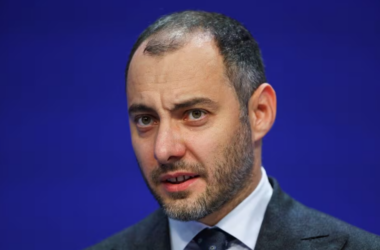In a significant and surprising move, Disney has reversed its stance on a wrongful death lawsuit filed by Jeffrey Piccolo, whose wife tragically passed away after suffering a fatal allergic reaction at a Disney resort restaurant. Initially, Disney sought to dismiss the lawsuit by invoking an arbitration clause tied to a Disney+ streaming service agreement, but the company has now decided to allow the case to proceed in court.
The lawsuit, which centers on the death of Piccolo’s wife, Kanokporn Tangsuan, alleges that she died after consuming a meal at a Disney park restaurant in 2023. Disney’s initial legal defense rested on the argument that Piccolo’s previous subscription to a Disney+ trial required him to resolve any disputes with the company through arbitration, not litigation. The company also contended that Piccolo’s use of Disney’s website to purchase park tickets further insulated them from liability.
However, the decision to push for arbitration in this context drew sharp criticism. Piccolo’s attorney, Brian Denney, labeled Disney’s argument as “preposterous” and “outrageously unreasonable,” pointing out the absurdity of applying a streaming service agreement to a tragic event that occurred in a completely different setting.
Facing mounting public and legal pressure, Disney has now opted to waive its right to arbitration. In a statement released Monday, Josh D’Amaro, chairman of Disney Experiences, acknowledged the sensitivity of the situation and emphasized the company’s commitment to prioritizing humanity.
“At Disney, we strive to put humanity above all other considerations. With such unique circumstances as the ones in this case, we believe this situation warrants a sensitive approach to expedite a resolution for the family who have experienced such a painful loss,” D’Amaro stated. “As such, we’ve decided to waive our right to arbitration and have the matter proceed in court.”
This reversal is a notable departure from the company’s original legal strategy, reflecting the importance of addressing the tragic circumstances with the appropriate level of empathy and responsibility. The decision also highlights the potential pitfalls of corporate attempts to extend arbitration clauses beyond their reasonable scope, especially in cases involving serious allegations like wrongful death.
Piccolo is seeking damages exceeding $50,000 under Florida’s Wrongful Death Act. His claims include compensation for mental pain and suffering, loss of companionship, loss of income, and reimbursement for medical and funeral expenses.
Disney’s decision to allow the lawsuit to move forward in court represents a victory for accountability and a reminder that corporations must balance their legal defenses with ethical considerations. In cases of significant personal loss, the focus should be on finding just resolutions, rather than hiding behind legal technicalities. This case will now move to court, where Piccolo will have the opportunity to seek the justice he believes his late wife deserves.








